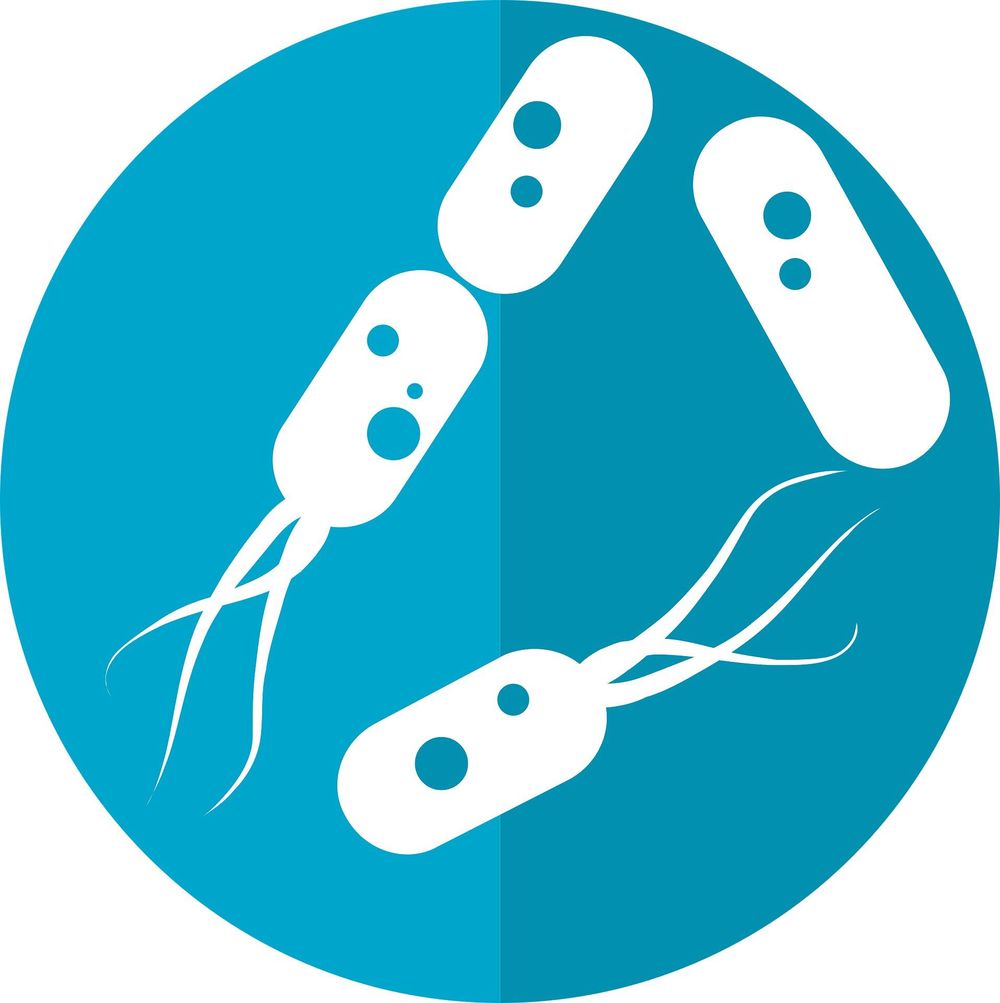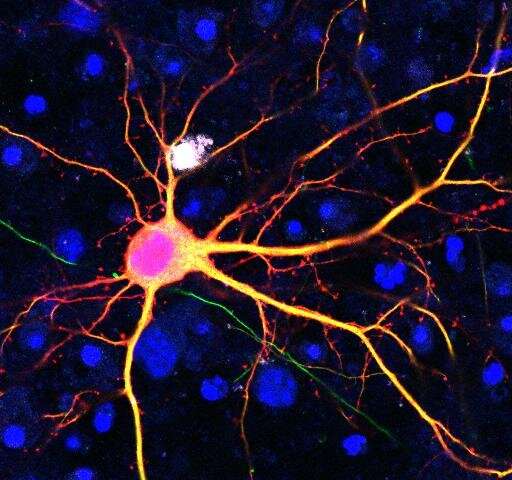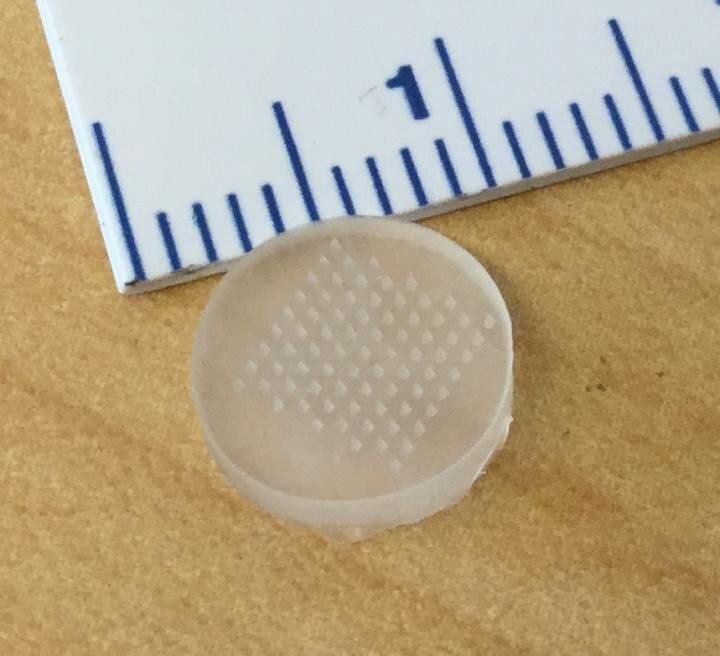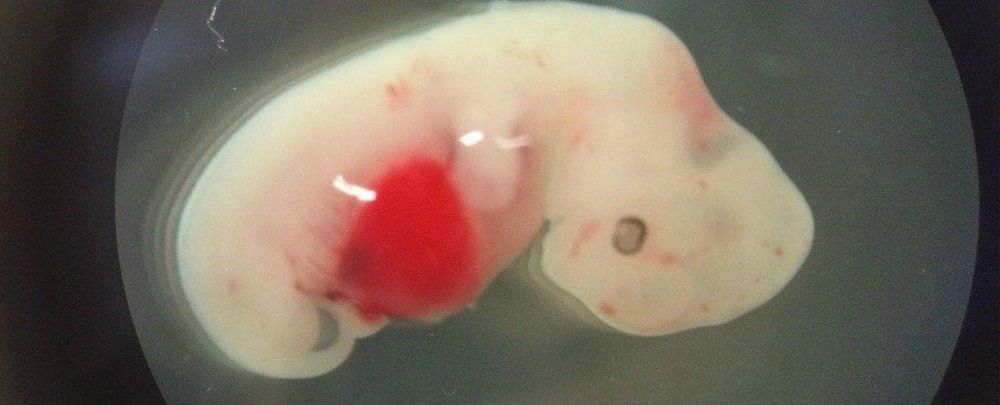You are what you eat—right down to the microbiome living in your gut. Diet can affect which microbes are in the intestinal tract, and research has shown that harmful gut microbiome changes can lead to illnesses such as heart disease, obesity and cancer. Today, scientists will report the development of molecules that can change, or remodel, unhealthful gut microbiomes in mice into more healthful ones. The research could also someday be applied to other conditions related to diet.
The researchers will present their results at the American Chemical Society (ACS) Fall 2019 National Meeting & Exposition.
“The gut microbiome contains hundreds of different species of bacteria and is where the largest concentration of bacteria living in us resides,” says M. Reza Ghadiri, Ph.D., leader of the study. “If we all ate a healthy diet, exercised and didn’t age, we wouldn’t have problems with our gut microbiome and many diseases. But, that’s not how all people live. Current methods aimed at improving the makeup of gut microbiomes have involved prebiotics, probiotics or drug therapies. Our goal was to take a totally new approach—to remodel the microbiome.”








